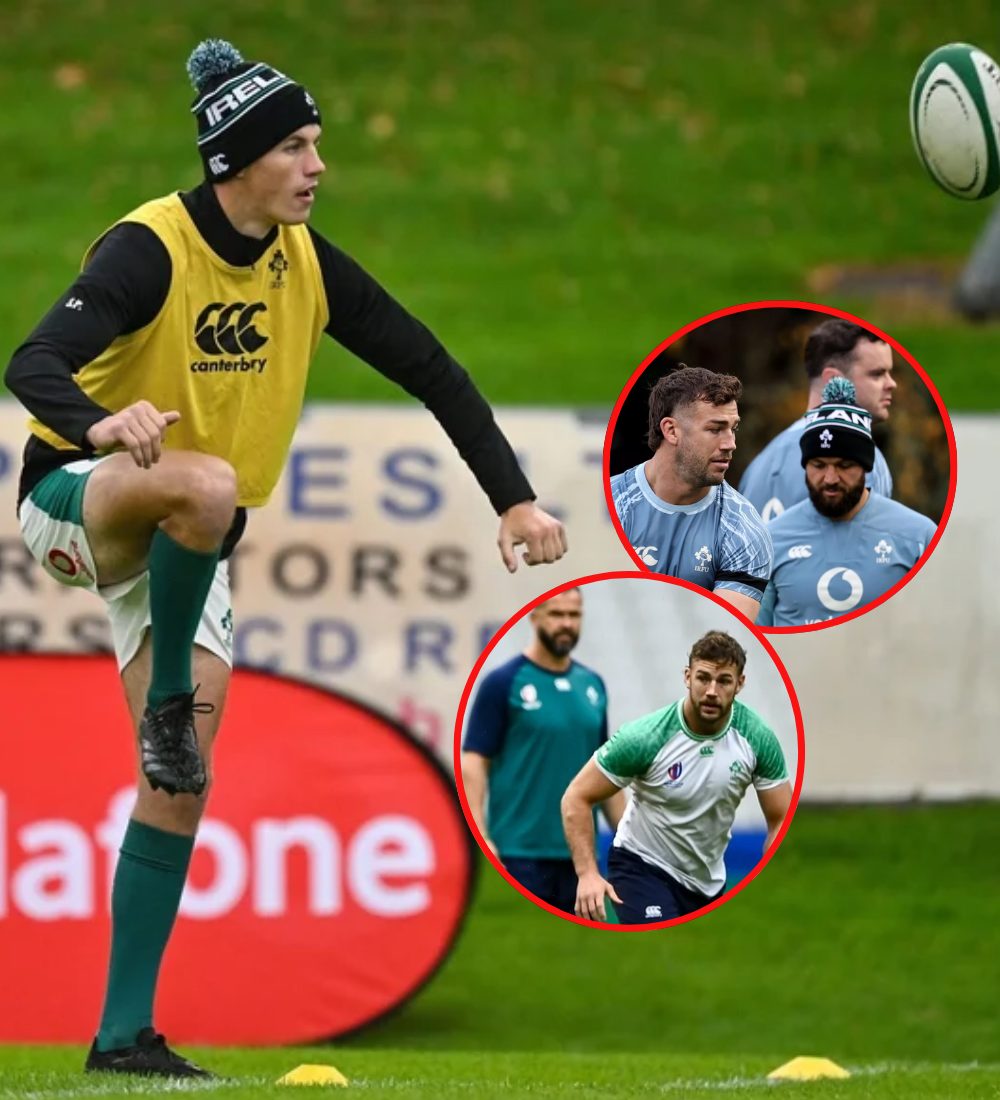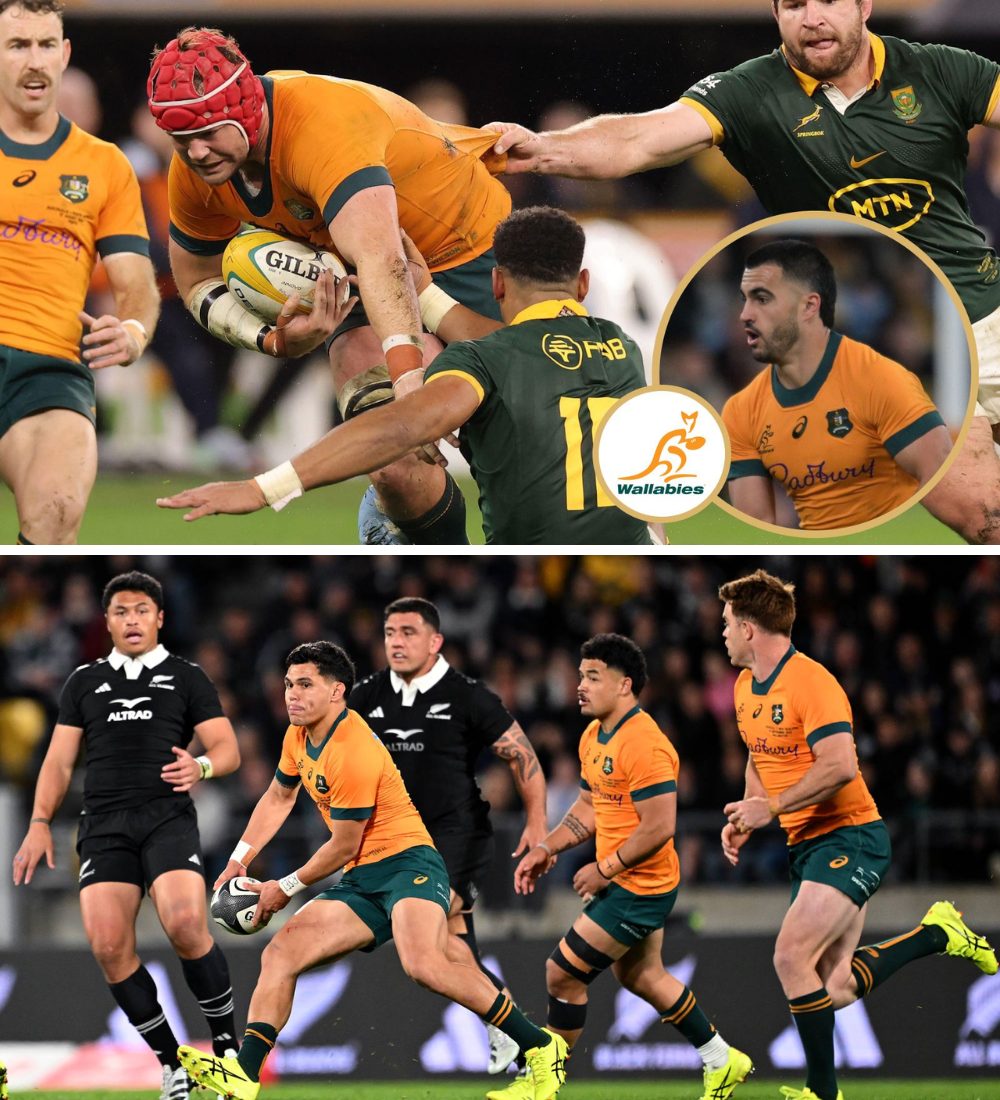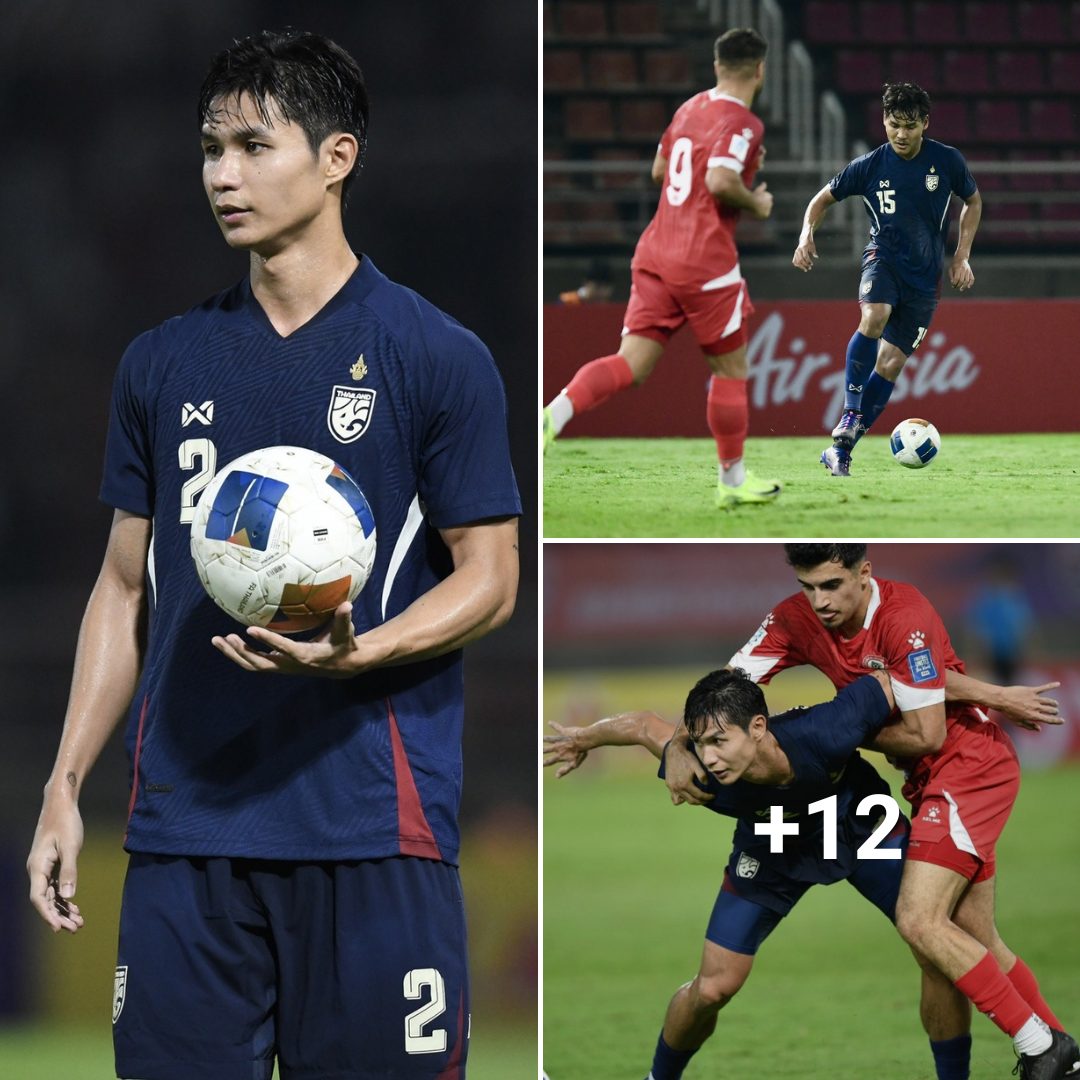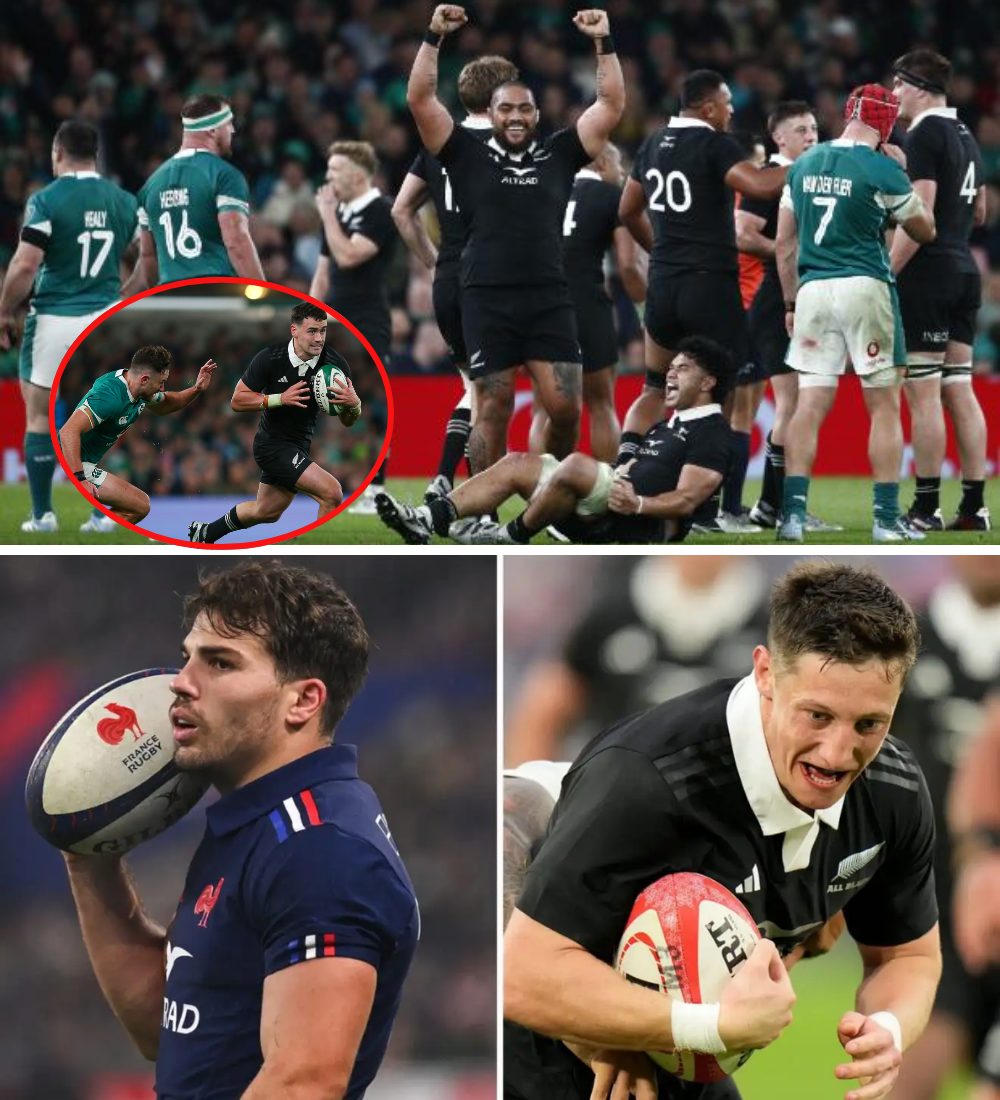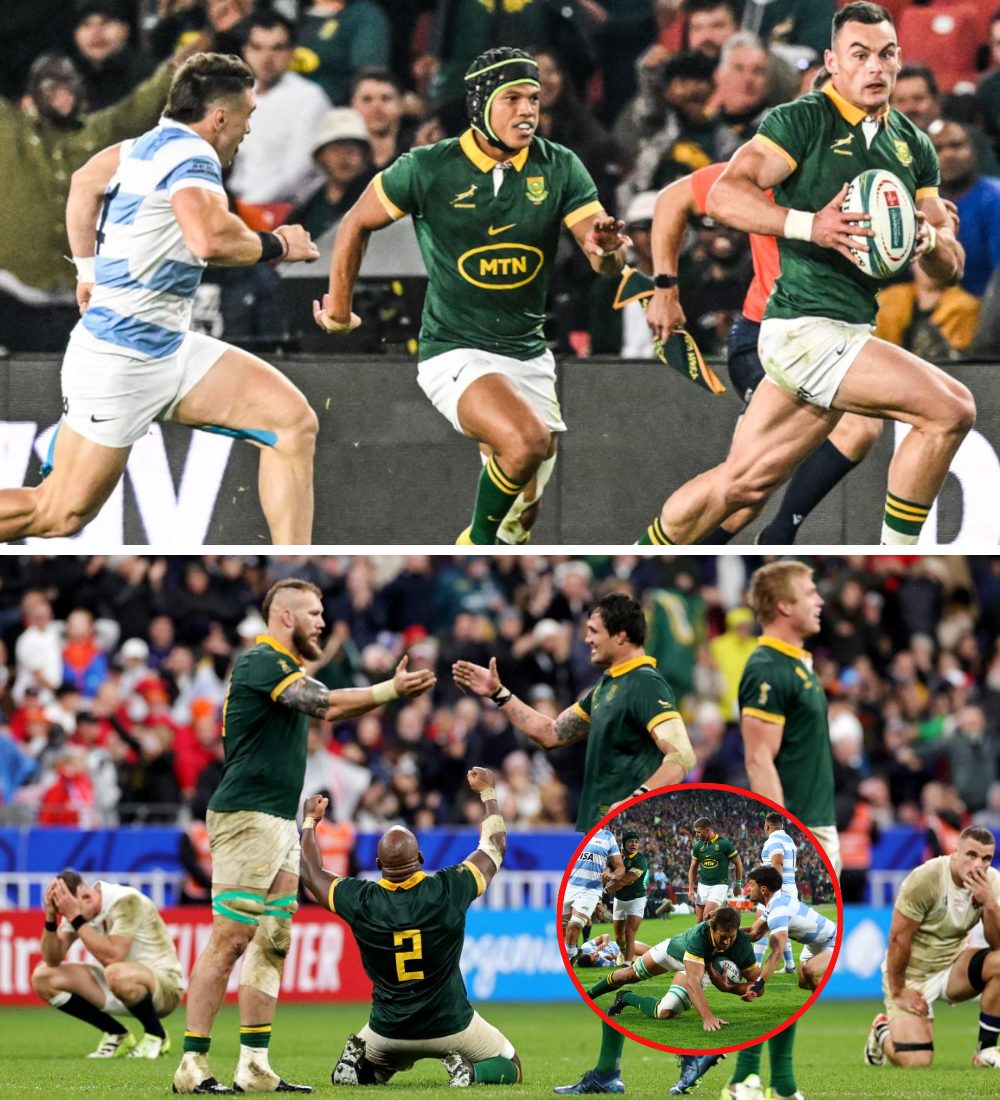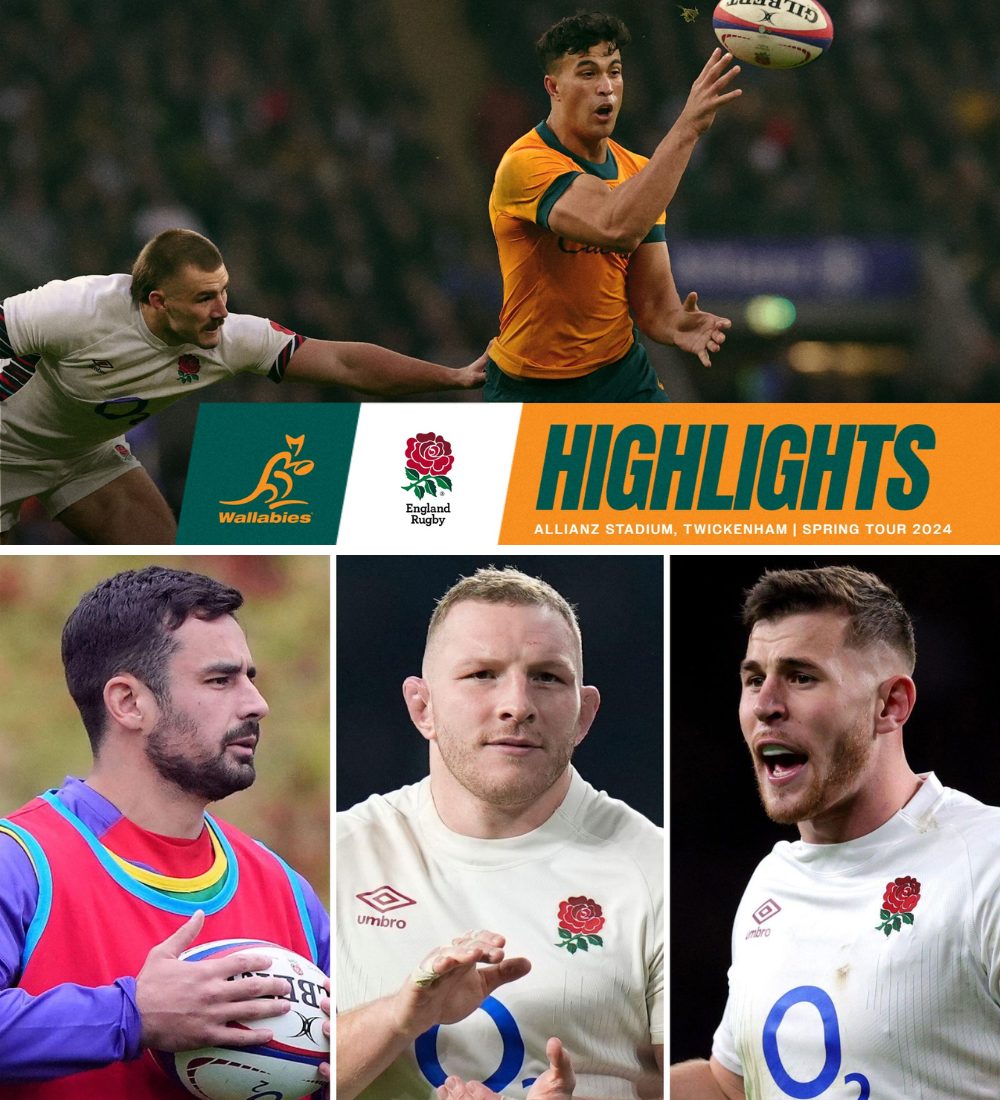As he begins to survey the landscape in MLB free agency, Shohei Ohtani is beginning to warm to some preferred suitors, according to ESPN’s Jeff Passan.
Passan reported Tuesday the 2021 American League MVP “has expressed affinity for certain teams and cities in the past.” The Los Angeles Dodgers, Texas Rangers and Boston Red Sox are three such teams.
“The Dodgers, Rangers and Boston Red Sox all are expected to be in the Ohtani sweepstakes, according to sources,” Passan wrote. “And though the industry’s overwhelming expectation is that he winds up with the Dodgers, that line of thinking is perhaps presumptive.”
He added that Ohtani is such an anomaly he could entice franchises that typically haven’t spent on this scale to take the plunge. The Chicago Cubs, San Francisco Giants and Toronto Blue Jays were cited as examples.
Per Passan, the two-way star “could move relatively quickly” and might even have an agreement lined up before the MLB winter meetings open Dec. 4 in Nashville, Tennessee.
In all likelihood, Ohtani will surpass Angels teammate Mike Trout (12 years, $426.5 million) and sign the biggest contract in MLB history. Typically, a price tag upwards of $500 million or more would scare off all but a small handful of teams.
The 29-year-old is such a transcendent talent and box-office draw that a somewhat unlikely contender could enter the fray.
Purely in terms of his on-field production, ESPN’s Bradford Doolittle pegged Ohtani’s value at $76 million annually, which was split between $37.6 million as a pitcher and $38.4 million as a hitter. And that doesn’t take into account the money he generates off the field.
Keith Law of The Athletic reported in August one belief was the three-time All-Star “is worth north of $70 million a year to the Angels before he throws a pitch or swings a bat, because of all of the additional revenue they get from corporate sponsorships, stadium signage, and merchandise related to Ohtani sold at Angel Stadium.”
Sure, signing Ohtani will require a record-breaking offer, but there’s a good chance whatever team that signs him more than makes back its investment. That could be the kind of confidence that convinces an ownership regime to earmark an outlay that would otherwise be unthinkable.
